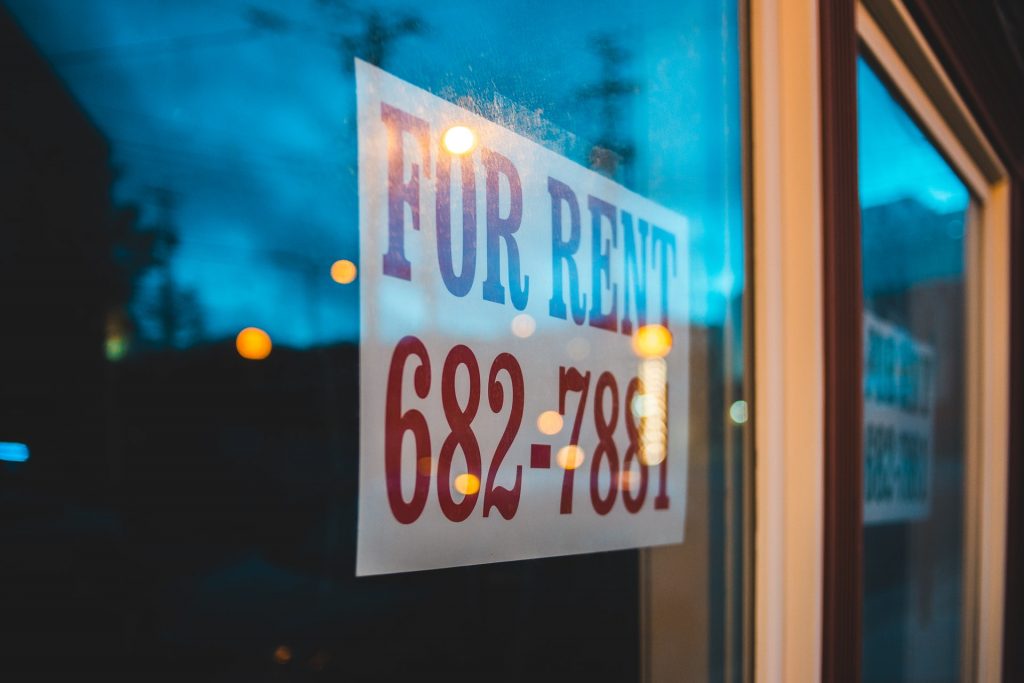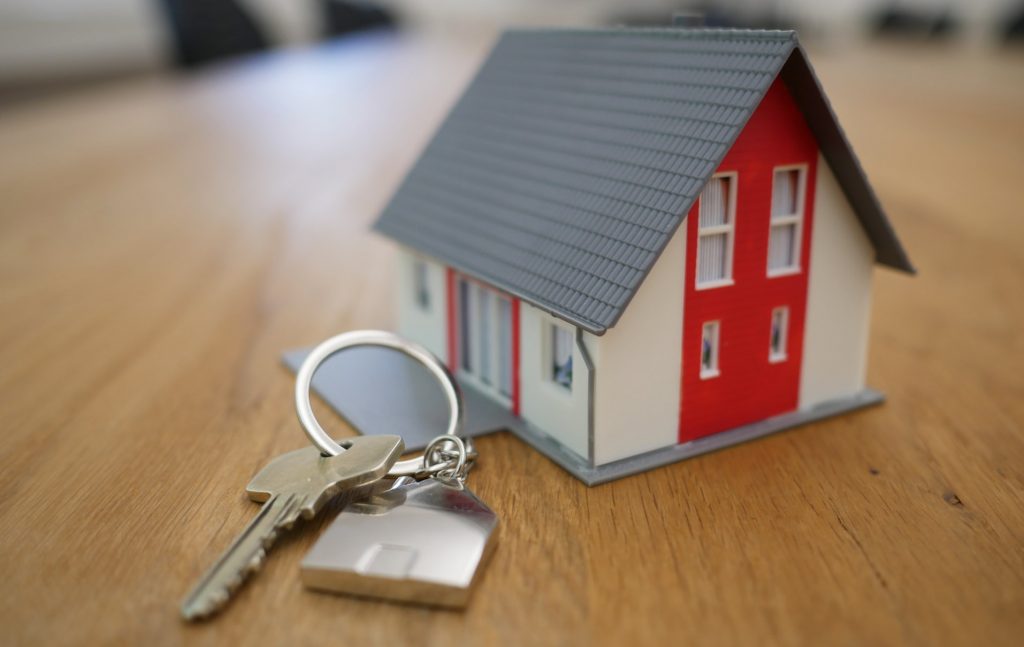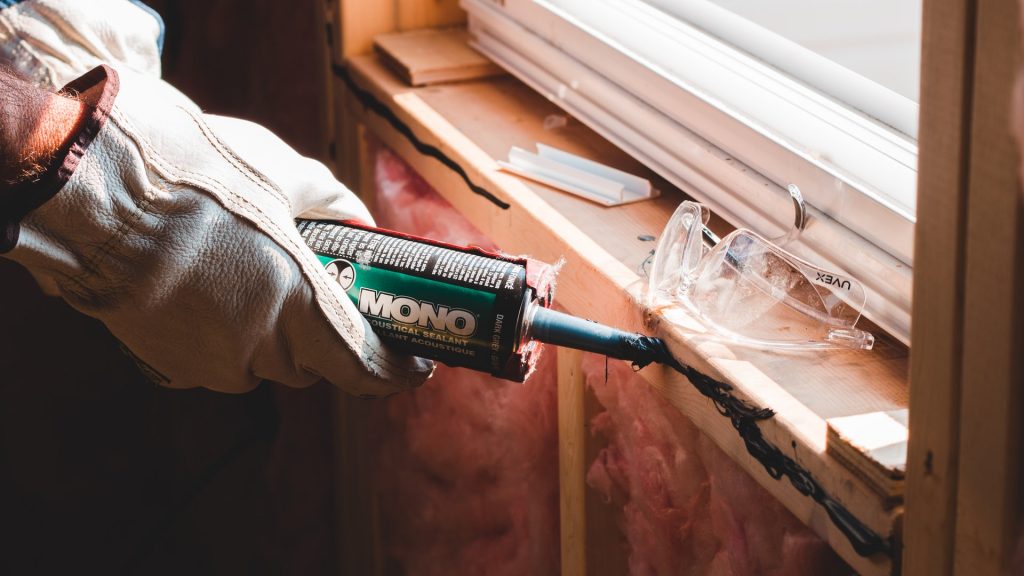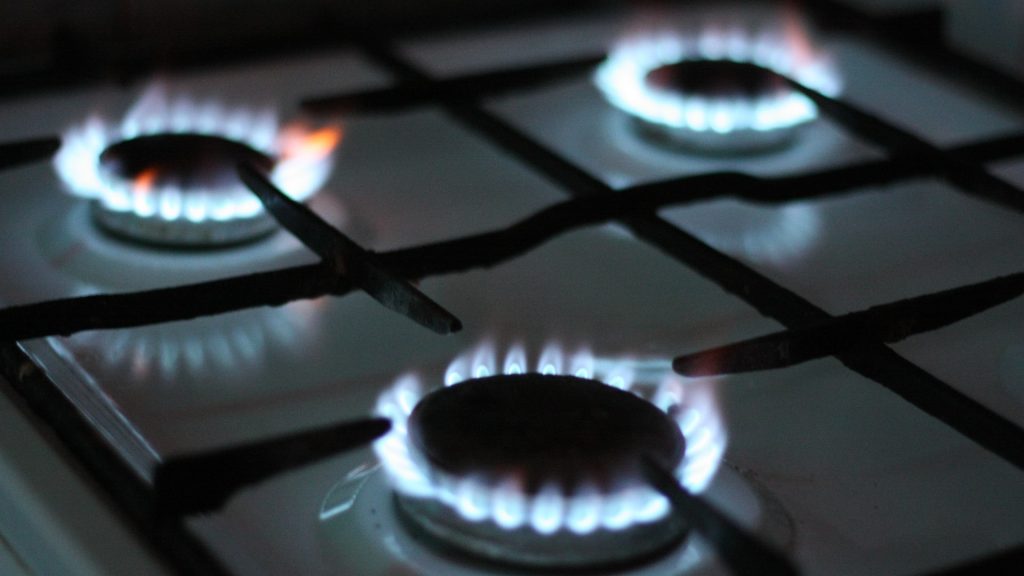 - minute read
- minute read

Although it’s a lifelong goal of many in the UK to get a foothold on the increasingly expensive property ladder, renting a home shouldn’t be viewed as a last resort. In fact, there are actually several advantages of renting a home over buying one. In between a lack of responsibility, less financial burden and not being tied down to a decades-long mortgage, the relative ease of renting makes it more suitable for many. In this article, we’ve covered reasons as to why renting is better than buying.
There’s no denying that buying a home takes a long time. Like, a really long time. The whole process is so time-consuming and strenuous that it’s actually enough to put many people off. You’re probably looking at around the three-month mark to get the keys, but there are plenty of other things that have to be taken care of before that point, including numerous house viewings, making and negotiating offers, arranging a mortgage, hiring a solicitor, exchanging contracts and so on.
In comparison, the process of renting is a total breeze. Depending on the speed of the landlord and letting agent, you can get the keys to your new property within 2-3 weeks. If a new job or sudden change to your living situation means that a quick move is needed, then renting is almost always the more convenient option.

In the same way that purchasing a home takes a long time to sort out, mortgages take a really long time to pay off. In fact, the average mortgage length is 25 years. It’s a massive expense, often costing hundreds of thousands over those two and a half decades. If homeowners miss any of their monthly payments, then they could be at risk of their property being repossessed. For many, the idea of being tied down to a single property in the same place for that long just isn’t appealing.
The biggest financial commitment to living in a rental property is that of monthly rental payments. Rolling and short-term contracts mean that you’re usually able to move from rental property to rental property within a fairly short period of time if your circumstances change. If you’re struggling to keep up with rental payments, then the consequences are much less worrying. In this case, the best course of action would be to let your landlord know and start looking for an alternative, cheaper property.
When taking on a rental property, the maximum you’ll have to pay upfront is one month’s rent as a form of security deposit. Assuming that the property is returned to the landlord in the same condition it was found, this will be returned upon moving out.
Meanwhile, upfront costs for purchasing a home are in a whole different ballpark. When purchasing a home with a mortgage, you’re required to place a large advanced payment (known as a deposit). This figure is generally around 10-20% of a property’s value. The current average UK property price is around £251,000 and the average deposit is 15%. This means that the average deposit amount is a whopping £37,650. It takes a single first-time buyer an average of 10 years to save up this amount. In London, this rises to 15 years.
These figures help to show why so many – particularly young people – are being priced out of the property market and are instead opting to rent.
When you’re a homeowner, dealing with what can feel like constant issues, repairs and renovations can start to seriously eat into your time and finances. Small to medium-sized expenses such as these can really add up.
When renting a home however, you have the added bonus of a landlord and/or letting agent who will have near-full responsibility of dealing with these same issues, whether they be a broken washing machine or a leaking ceiling. There are actually a few household bills than tenants aren’t responsible for paying. As long as the issue isn’t directly your fault, a call to your landlord is all that’s required on your part. Once they’ve been made aware, it’s on them to get it sorted.

In the UK, there are plenty of contents insurance companies who can cover pretty much all valuables – including furniture, laptops/computers, clothing, jewellery and money – from just a few pounds per month.
One of our favourite contents insurance providers for rented accommodation is Getsafe. They offer brilliantly priced policies that are suited to individual needs and are highly convenient to manage, thanks to being entirely app-based.
Meanwhile, the average yearly cost of combined home insurance is currently priced at around £258. When compared to renters contents insurance which often costs under £100 annually, this is a pretty big saving for renters.
Another recurring payment that usually becomes cheaper in rented accommodation are utility bills such as gas and electricity. This is because rented homes tend to be more compact and have efficient floor plans, meaning any heat and electricity needed will cost much less. In the case of larger rented houses, there’ll usually be multiple tenants to split the bills between anyway, so it should still end up being cheaper. When renting, there are plenty of other energy saving tips for tenants as well.

When it comes to purchasing a house or flat, there’s no real guarantee to the amount you’ll be paying on a monthly basis, given that mortgages and property taxes can fluctuate (although this doesn’t apply to homeowners with fixed-rate mortgages).
However, living in rented accommodation doesn’t come with this burden, given that the amount of rent you pay is agreed by you and your landlord before you sign any documents. Knowing the exact amount you’ll be paying each month makes effective budgeting way easier and stress-free. While some landlords might raise rent costs, this is a fairly rare occurrence. Rents can only be increased in fixed-term tenancies if you agree, and can only be increased once per year with a month’s notice in a rolling tenancy.
With property prices constantly rising and falling, there’s never any certainty about how much a house or flat is worth. If you’re a homeowner, then these fluctuations can have a big impact on the cost of your mortgage and other taxes. This isn’t really something that renters need to be worried about, given that as we just mentioned, monthly rental costs almost always remain the same.

One of the most important things for prospective homeowners to consider is their budget. Those on a tight budget might be priced out of certain areas and instead forced to look elsewhere. The average London house price has now risen above £507,000. Although many renters would equally struggle to afford living in certain areas of London, rented accommodation does provide more scope for affordable living spaces.
There isn’t a set rule to this, but more often than not, you can afford to rent in areas that you wouldn’t be able to buy in. What’s more, living in nicer and larger homes will also become a more realistic possibility, especially if it’s a property designed specifically for renting.
Although it may not seem like it at first, there are all sorts of reasons to rent a house or flat instead of buying one. While there’s no getting around the fact that owning a home is beneficial in the long run, given the huge asset which homeowners gradually acquire, renting still helps to keep down costs, hassle and responsibility.
Ultimately, the decision between renting and buying is one that should be determined by lifestyle and financial situation. At its best, renting offers the opportunity to live in the moment and do whatever’s best for you right now. If a dream job arises in a different city, then not being committed to a long-term mortgage means that you can go after that new opportunity with very little hassle or upheaval on your end.
Already sorted your house but need to set up bills? We can help with this too – we set up and split utilities for you. Get a free quote for your utilities here.



All your utility bills in one monthly payment, split between housemates
Get a quote


All your utility bills in one monthly payment, split between housemates
Get a quoteFinding his article helpful? We’ve got plenty more helpful articles on there way. Join our Savvy Sunday mailing list